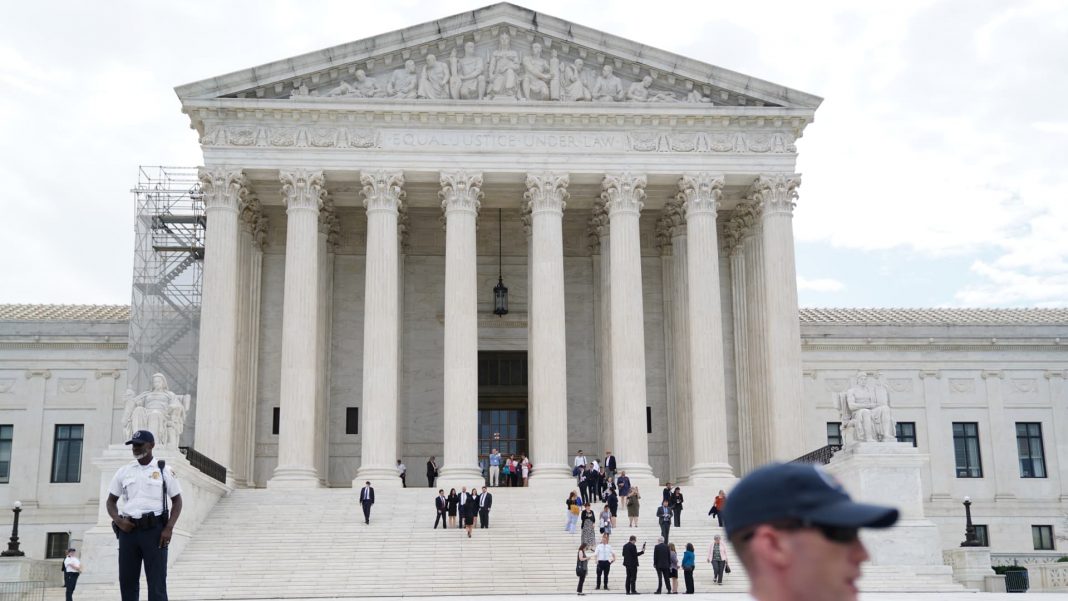The case challenges a levy, known as “deemed repatriation,” enacted via the 2017 Tax Cuts and Jobs Act. Designed as a transition tax, the legislation required a one-time levy on earnings and profits accumulated in foreign entities after 1986.
While the 16th Amendment outlines the legal definition of income, the Moore case questions whether individuals must “realize” or receive profits before incurring taxes. It’s an issue that has been raised during past federal “billionaire tax” debates and could affect future proposals, including wealth taxes.
Former House Speaker Paul Ryan, who helped draft the Tax Cuts and Jobs Act, said at a Brookings Institution event in September that the goal was to “finance a conversion from one system to another, and it wasn’t to justify a wealth tax.”
Ryan, who doesn’t support a wealth tax, said using the Moores’ argument to block one would require getting rid of “a third of the tax code.”
Pass-through businesses could be affected
Depending on how the court decides this case, there could be either small ripples or a major effect on the tax code, according to Daniel Bunn, president and CEO of the Tax Foundation, who has written about the topic.
If the court decides the Moores incurred a tax on unrealized income and says the levy is unconstitutional, it could affect the future taxation of so-called pass-through entities, such as partnerships, limited liability corporations and S corporations, he said.
“You’ve got to pay attention to the way the rules are going to impact your business, especially if you’re doing things in a cross-border context,” Bunn said.
There’s also the potential for a “substantial impact” on federal revenue, which could influence future tax policy, Bunn said. If deemed repatriation were fully struck down for corporate and noncorporate taxpayers, the Tax Foundation estimates federal revenue would be reduced by $346 billion over the next decade.
However, with a decision not expected until 2024, it’s difficult to predict how the Supreme Court may rule on this case. “There’s a lot of uncertainty about the scope of this thing,” Gardner added.
Don’t miss these stories from WHNY News PRO:
- Saudi Arabia is struggling to boost oil prices, raising possibility of supply war with U.S.
- Here’s where to invest $250,000 for the next 5 years
- Citi is so bullish on this biotech stock it gives it 800% potential upside
- ‘It’s beginning to look a lot like VIX-mas.’ What Wall Street’s fear gauge is saying right now



